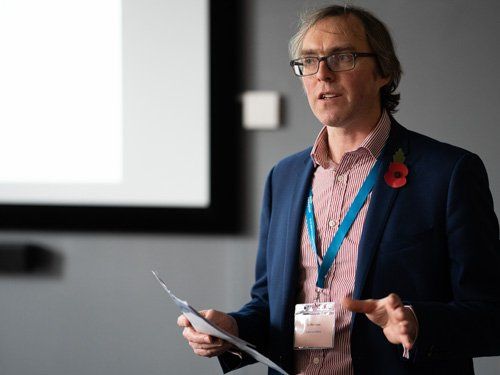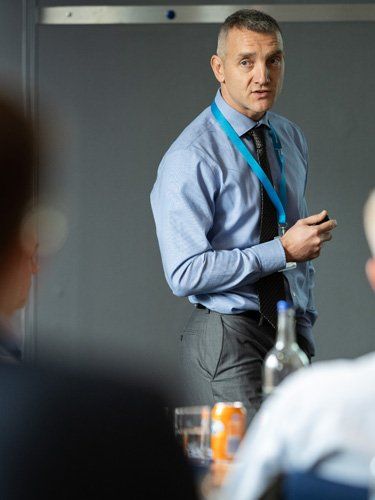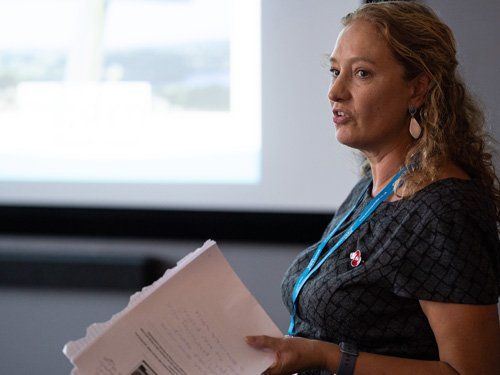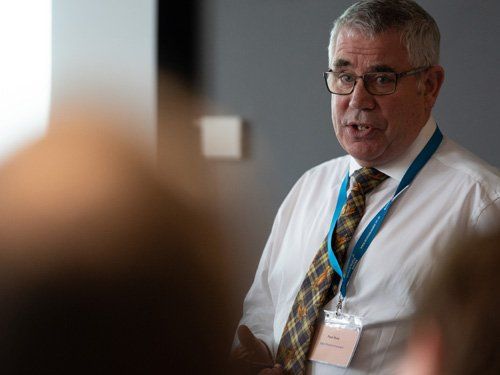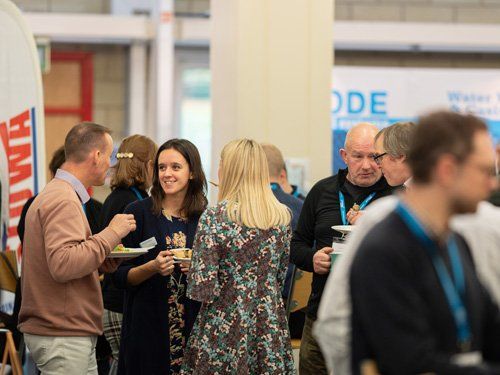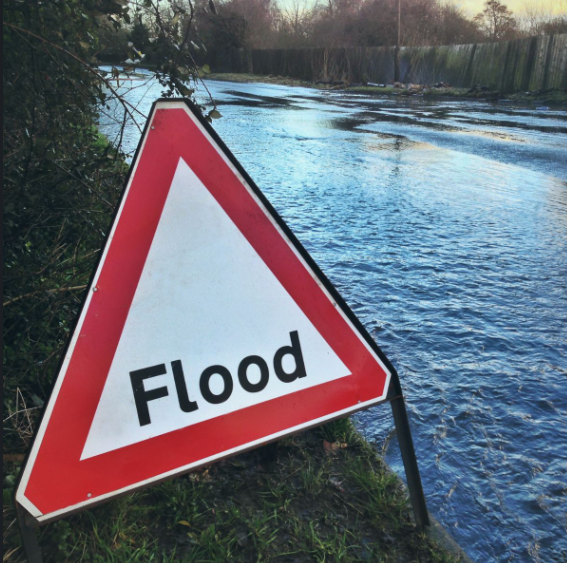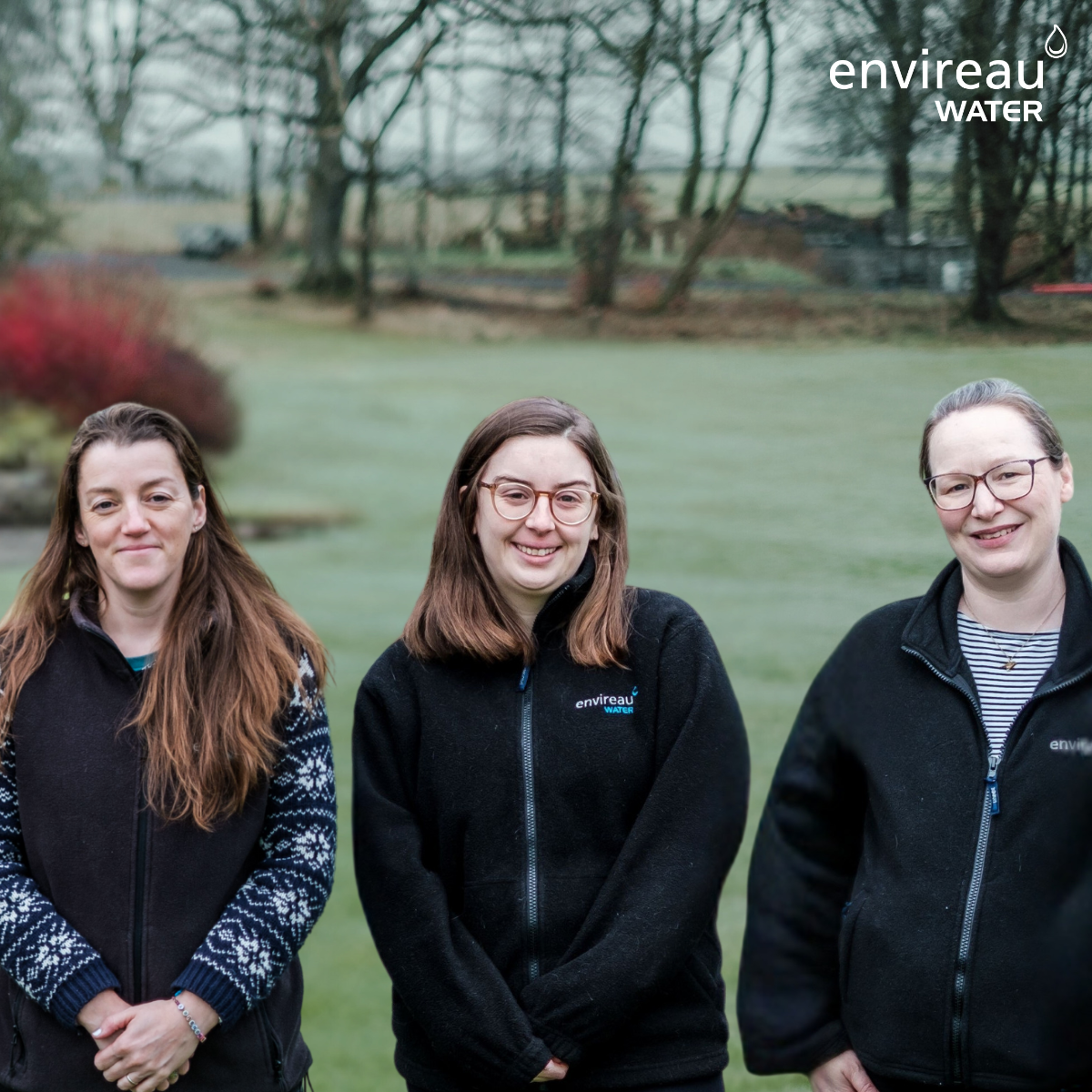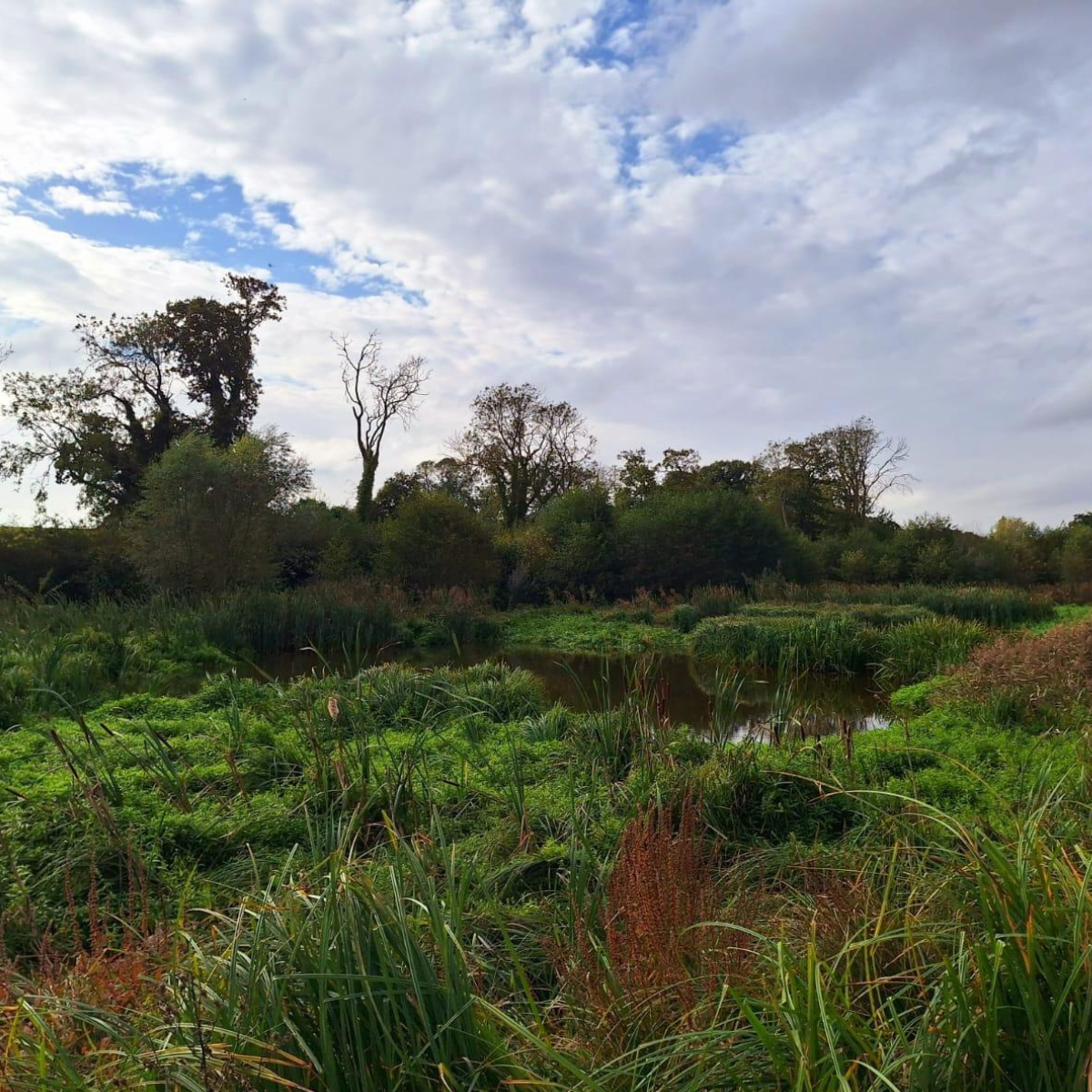A RECAP OF THE 2019 BOREHOLE USERS CONFERENCE
The Borehole Users Conference returned on November 7th covering all things borehole rehabilitation. The well-established event is essential to attend for anyone who uses, manages, owns or plans to develop a private water supply.
Phil Merrin, previously of United Utilities, led on from Georg to offer a water company perspective of the proactive versus reactive maintenance and rehabilitation of boreholes.
Dr Phil Ham, Managing Director of Envireau Water shared his knowledge of what Borehole Rehabilitation means to real operators in practice.
Our first afternoon workshop ‘Practical Rehabilitation, the State of the Art’ continued the focus on borehole rehabilitation. James Whitford of European Geophysical Services enlightened delegates on the various techniques of borehole geophysics.
Professor Rick Brassington, Visiting Professor at Newcastle University, discussed the effectiveness of chemical cleaning within boreholes.
Michael Bushby, Borehole Engineering Services (Drilcorp), closed workshop one with a look into the advantages of restoring boreholes with high pressure jetting equipment.
Jamie Blackwell, the Director of Groundwater Solutions introduced workshop two ‘Private Water Supply Boreholes, What the EHO Needs to Know’ with an insight into what lies beneath our feet and how groundwater systems work.
Adam Neillings of Prosep Filter Systems Ltd discussed domestic and small supply water treatment options covering how they work, what they look like and how to identify them on site.
Paul Avis and Sara Watson from Eden District Council closed Workshop two with a comprehensible explanation of the Private Water Supplies Regulations in terms of risk assessments and sampling.
The day concluded with a plenary session and an update from Dr Georg Houben and Envireau Water’s Chairman, James Dodds, on progress with the development of a European Standard for Water Supply Borehole Design and Construction.
During refreshment breaks and lunch, delegates had the chance to browse our highly acclaimed trade exhibition covering drillers, pump and equipment suppliers, laboratory services, geophysics, monitoring equipment and more
WHAT DID THE DELEGATES HAVE TO SAY?
“Practical, relevant, informed – not to be missed!”
“A really useful conference covering a range of really relevant & useful topics, from a variety of perspectives. Will definitely attend again in the future.”
“A great opportunity for water professionals to discuss the topic of borehole rehabilitation and to network & learn from each other.”
“Fascinating look into a borehole, not sure if I have a rusty pump eating hole or an asset! Funds allowing, I am inspired to proceed.”
“Great to meet people of the industry and put faces to names!”
” Always very well structured so that all delegates have a useful and very informative day. Venue and presentations all top class.”
“As always very informative, well balanced and professionally organised.”
“First foray into borehole management was very successful!”
THE PRESENTATIONS
All the presentations are now available in the Envireau Knowledge section of our website.
Envireau Knowledge is hosted by Envireau Water. It provides a forum for sharing and allows you to access an invaluable range of information and analysis, and the best part is…it’s totally FREE.



